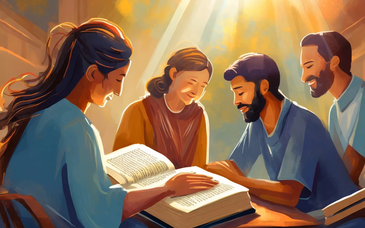Nestled within the hallowed halls of academia, the Oxford Text Archive (OTA) stands as a beacon for those seeking to unravel the vast tapestry of human expression captured in written form. This archive, hosted by the University of Oxford, is a digital repository that houses a diverse collection of literary works, linguistic resources, and other text-based materials. Join us on a journey as we delve into the significance and wealth encapsulated within the Oxford Text Archive.
- A Repository of Literary Gems:
The Oxford Text Archive is home to a myriad of literary works spanning various genres, periods, and languages. From classic literature to contemporary prose, this archive offers a treasure trove of written expressions that captivate and enlighten.
- Linguistic Resources and Language Diversity:
Linguists and language enthusiasts find a wealth of resources within OTA, with linguistic corpora and diverse language materials available for exploration. This serves as a valuable resource for understanding language evolution, structure, and usage.
- Historical Significance:
Each text within the archive carries historical significance, providing a window into the thoughts, ideas, and cultural nuances of different epochs. The OTA's collection is not just a library of texts but a chronicle of human intellectual history.
- Digital Accessibility:
Embracing the digital age, the Oxford Text Archive offers online access to its extensive collection. This not only facilitates scholarly research but also democratizes access to literary and linguistic treasures for individuals worldwide.
- Supporting Academic Research:
Scholars and researchers benefit from the Oxford Text Archive's commitment to supporting academic endeavors. The archive provides a platform for the development of new research projects, fostering collaboration and advancing the collective understanding of written expression.
- Innovation in Textual Analysis:
The Oxford Text Archive is at the forefront of innovation in textual analysis. Researchers leverage the digitized texts to explore computational methods, linguistic patterns, and textual trends, pushing the boundaries of what can be gleaned from written works.
